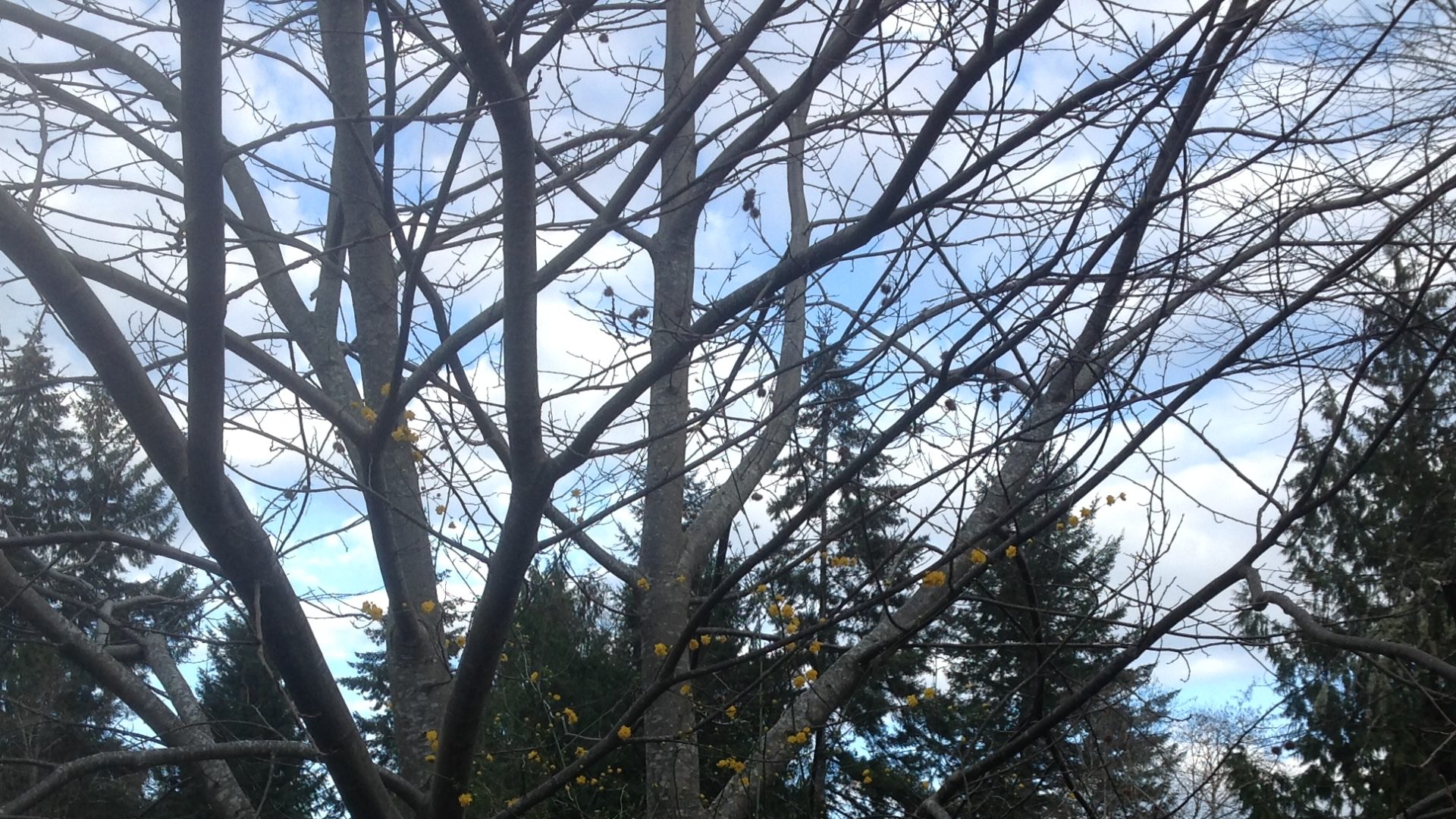I am actually writing this on Saturday, but “posting” to Friday to keep things consistent in the online world.
I just finished watching a video on the use of everyday language by students to describe their scientific thinking. Titled “Discourse Primer” this 30+ minute video shows what appears to be a 5th grade teacher asking students to think about the concept of acceleration in the context of a unit on force.
Student language reveals both misunderstandings (or “naive understandings”) as well as some pretty sophisticated reasoning. At the beginning of the video the teacher asks students to fill out a Venn diagram to demonstrate how they have heard or understood the term “acceleration” in their home lives as well as in science use. Later, the students are asked to draw, discuss and then think about how to represent in a graph the “speed” of rollerbladers they have observed.
Through all of it the teacher is working with them to reflect back their thinking (“So you’re saying that…” or “I heard…”) as well as to rephrase concepts using scientific terminology.
Makes me think that probably I want to make space in the unit for children to bridge home language and academic language. Actually, come to think of it, that’s just good practice in any instructional setting!
So: I want to ask students to talk about how various words are used. Here are the core words and some of the ideas I think the students might come up with.
Measurement (how big? how much? how far?) and units used (do children use inches and feet at home or centimeters and meters? Miles or kilometers? Fahrenheit or Celcius — do they know which “degrees” are are referred to when they talk about the weather?)
Force (be prepared for criminologists to talk about forcible entry and use of force — what are the common threads between those uses and other uses?)
Acceleration (going faster, moving, getting going — accelerator=gas pedal on a car, what is the connection?)
Speed/Velocity (is there a difference? what is it?)
Motion words (what is the language of motion at home — walk, run, went, came, stayed; and in science?)
Mass (some children might think of religious services when they hear this word; it is often confused with “weight” — not a complete misunderstanding…)
As usual, additional feedback is welcome!

